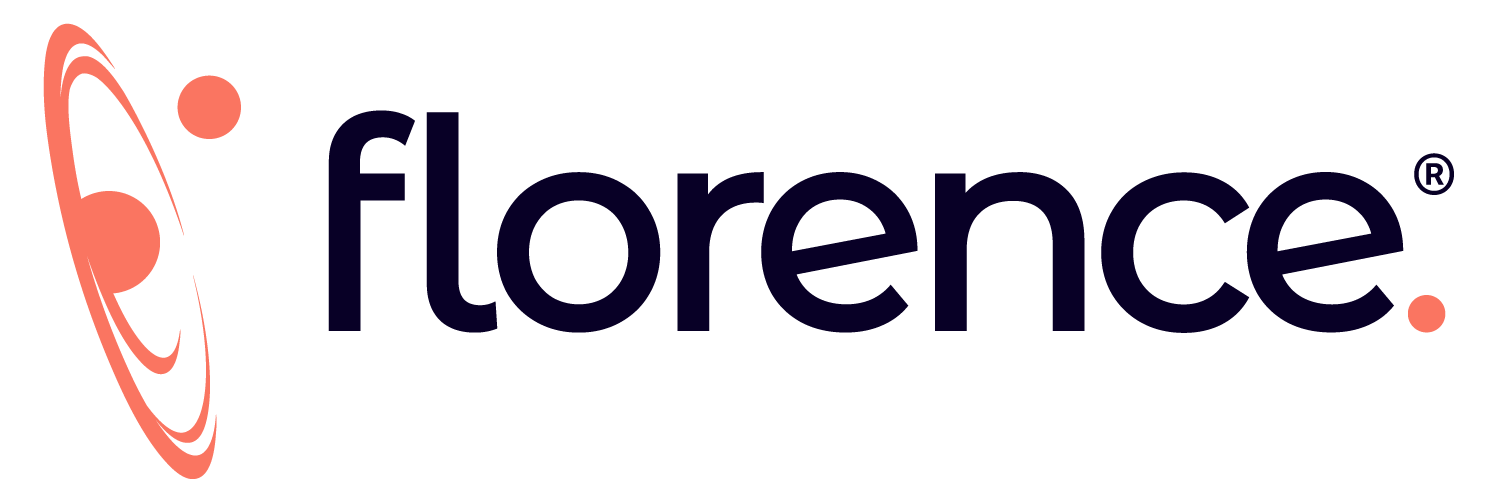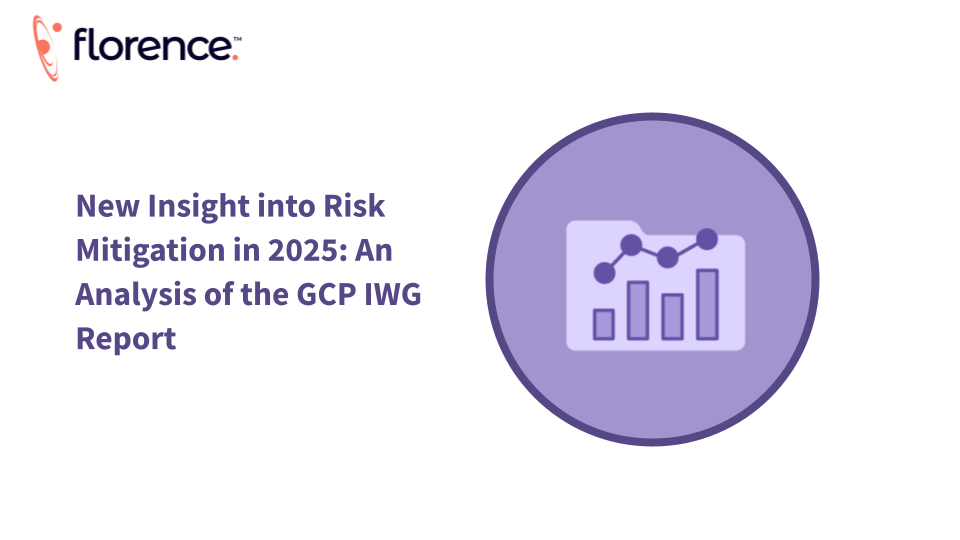How Sites can ensure they are aligned with ICH E6 R3
The long-anticipated finalization of the ICH Good Clinical Practice (GCP) E6 R3 was achieved on January 6, 2025, marking a milestone in global clinical research. The principles and Annex 1 of ICH E6(R3) have reached Step 4 and are transitioning into Step 5, with formal adoption by ICH member regulatory authorities underway. This updated guideline applies to interventional clinical trials of investigational products intended for global regulatory submissions.
While ICH E6(R3) retains much of the foundational guidance from its predecessor, E6(R2), it significantly expands its scope to accommodate the evolving landscape of clinical trial designs and innovative technologies. It also builds on key concepts from ICH E8(R1) General Considerations for Clinical Studies. For investigator sites, these revisions introduce new considerations and responsibilities. Below, we break down the key updates and what they mean for your site.
Key Updates in ICH E6(R3) for Investigator Sites
Use of Computerized Systems
ICH E6(R3) emphasizes stringent requirements for computerized systems, reflecting the growing reliance on digital tools in clinical research. For systems deployed by sites, the following measures are essential:
- Data Protection: Ensure data is safeguarded against unauthorized access, disclosure, or alteration, as well as inappropriate destruction or accidental loss.
- Access Management: Implement appropriate access controls to prevent unauthorized use.
For systems deployed by sponsors, sites should:
- Notify sponsors promptly when access needs updates or removal.
- Ensure that sponsor-deployed systems are used as intended.
Data Governance
The new section on Data Governance underscores the importance of data integrity, traceability, and security. Investigator sites must:
- Maintain a comprehensive data lifecycle, covering audit trails, data transfers, record retention, and destruction.
- Ensure computerized systems are compliant with regulations through proper validation, user management, and staff training.
- Report incidents with significant or persistent impacts on trial data or system security to the sponsor and, where applicable, to the IRB.
- Maintain traceability for participant-operated data acquisition tools and provide adequate training for participants.
These elements reflect concepts from regulations like 21 CFR Part 11 and the related Guidance on Electronic Systems, Electronic Records, and Electronic Signatures in Clinical Investigations: Q&A, Annex 11, and the EU guidelines on computerized systems and electronic data.
Informed Consent and Electronic Signatures
One of the notable updates in ICH E6(R3) is the allowance for obtaining informed consent remotely, including the use of electronic signatures. This aligns with existing FDA guidance on Use of Electronic Informed Consent in Clinical Investigations. Sites must ensure:
- The participant’s identity is verified before consent is obtained.
- Electronic signatures are used in a manner compliant with regulatory requirements.
Additionally, the glossary now explicitly defines “signature,” which can be either physical or electronic, a clarification absent in E6(R2).
Essential Records and Privacy Protections
Investigator sites retain responsibility for managing essential records generated before and during the trial. Key considerations include:
- Staying informed about regulatory requirements for record retention. Unlike E6(R2), which specified retention timeframes, E6(R3) defers to applicable regulatory and sponsor requirements.
- Implementing robust measures to protect participant privacy and confidentiality, in compliance with data protection regulations.
When obtaining consent, sites must ensure participants are informed about:
- Who will have access to their data.
- Any data transfer to another jurisdiction, including the location of data centers or plans for remote source data verification.
Clear and transparent consent wording is critical to meeting these requirements.
How to Prepare for ICH E6(R3)
- Review Current Processes: Assess your site’s current practices for compliance with ICH E6(R2) and identify gaps related to the new ICH E6(R3) requirements.
- Update Policies and SOPs: Incorporate updates for data governance, electronic signatures, and privacy protections into your standard operating procedures.
- Train Your Team: Provide training to site staff on new responsibilities, including the use of electronic consent tools, data lifecycle management, and incident reporting.
- Audit and Validate Systems: Ensure all computerized systems used at your site meet the requirements for data security, traceability, and validation.
- Engage with Sponsors: Establish clear communication channels with sponsors to manage access to sponsor-deployed systems and to report incidents effectively.
Conclusion
ICH E6(R3) represents a significant step forward in global clinical research, fostering greater flexibility, innovation, and participant protection. While the revisions introduce new responsibilities for investigator sites, they also provide opportunities to enhance the integrity and efficiency of clinical trials. By proactively aligning with these updates, sites can ensure compliance and contribute to the evolving standards of clinical research excellence.
Interested in more regulatory guidance?
Get the perspective of our Catherine Gregor, Chief Clinical Trials Officer at Florence on the impact and implementation of the Final DCT Guidance.


